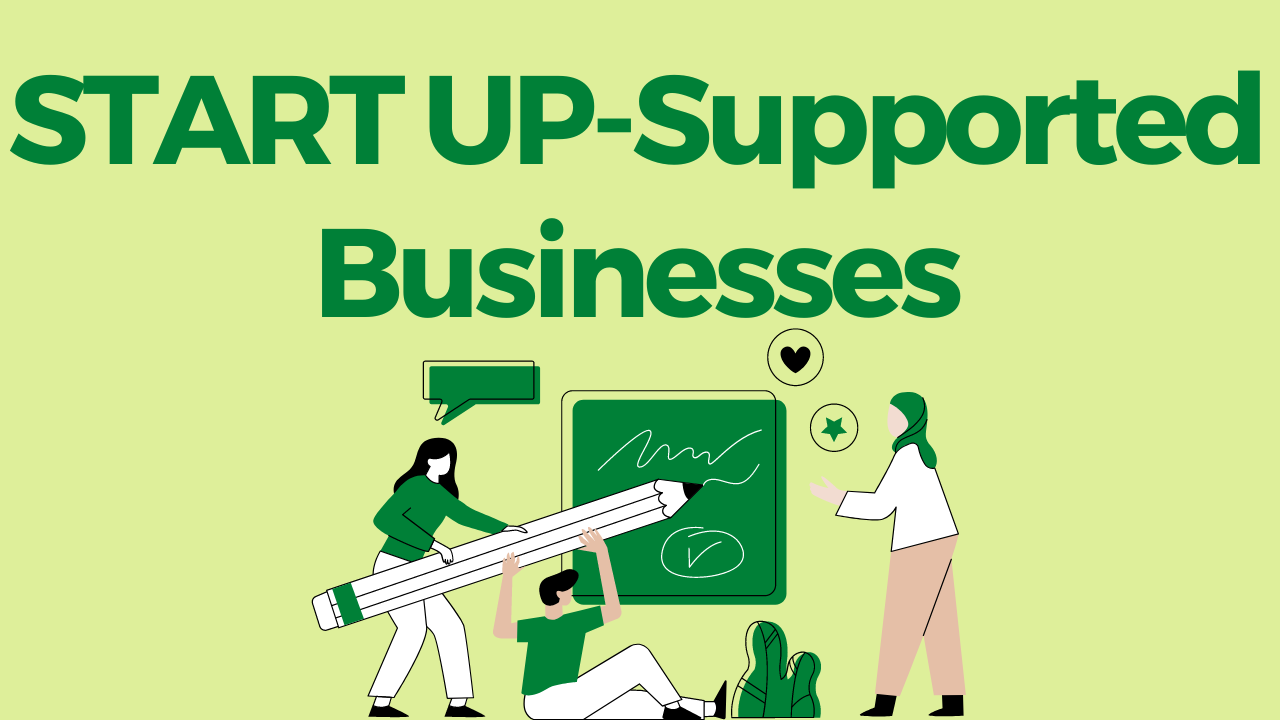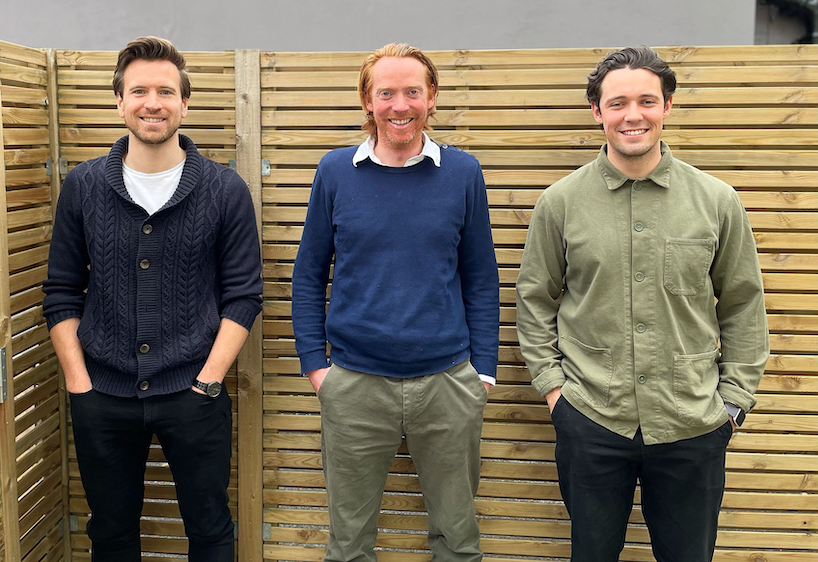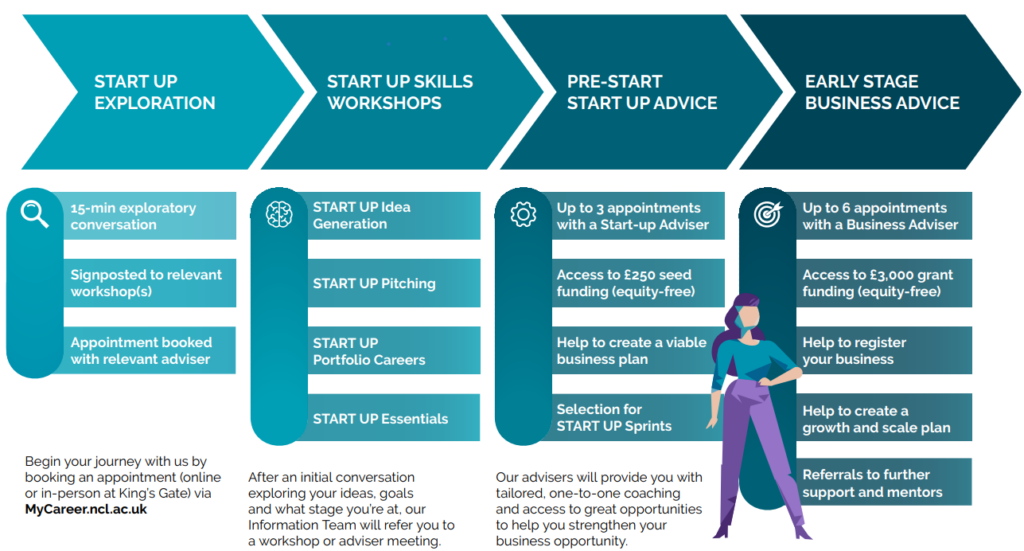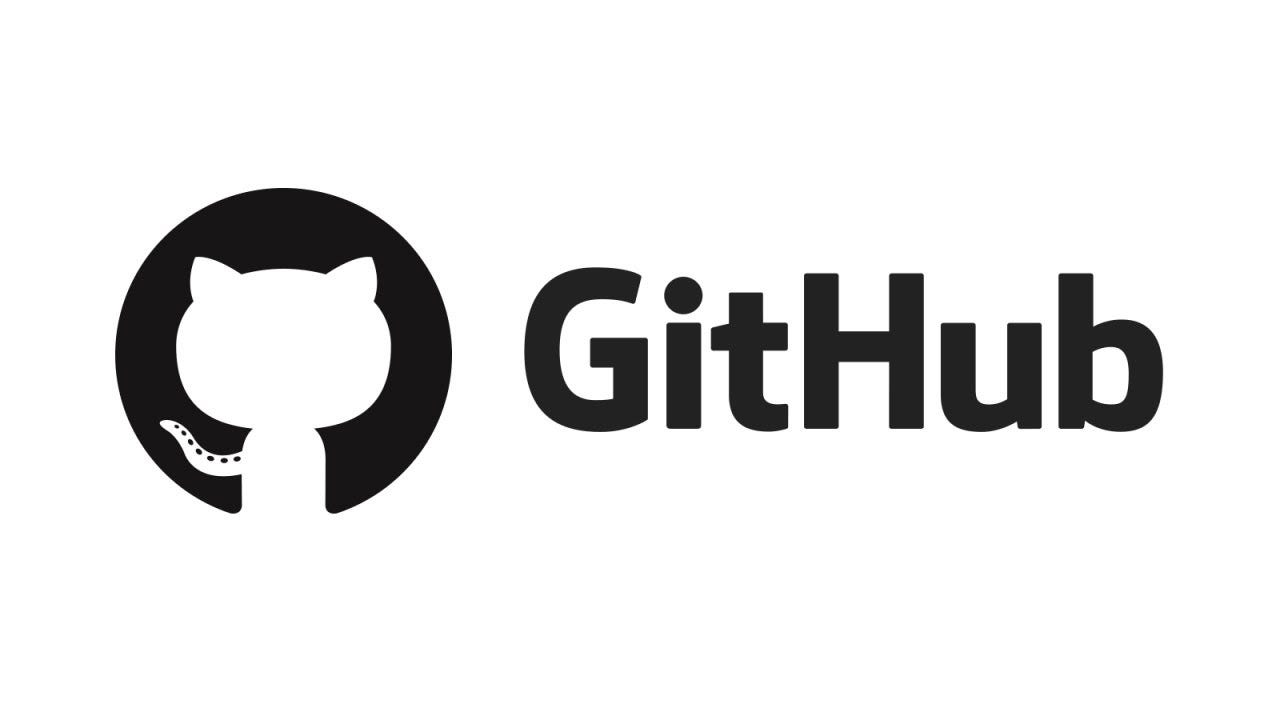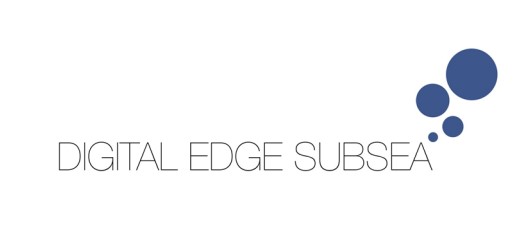Getting a job rejection sucks. It can absolutely ruin your mood and make you question yourself. And chances are you will receive more than one before you are finally able to secure a role. So how do you deal with constant job rejections and apply the loss to future success?
Here are some tips:
REFLECT
After completing an interview, you might be tempted to immediately focus on what went wrong rather than what went well with intrusive thoughts like “Why didn’t I mention this?” or “I should have known a better answer to that last question.” It is easy to focus on the negatives, so next time you do an interview, try to focus on the positives first. Not only will it make you feel better, but it will give some insight into which areas you are doing well in.
A great approach to reflecting on interviews is to think about it from the perspective of the interviewer, both the good and bad parts. Don’t think about how you feel it went but go off the actual interview.
What do I mean by this?
During an interview, chances are the interviewer will be taking notes. You should do the same. While the interview is still fresh in your mind, write down the questions asked and what your responses were. Then, bring up the job specification and see where your responses hit the required criteria; highlighting them in green is a great way of visualizing the parts that went well. Following that use a red pen to annotate and add to your answers to see what you might have changed or improved if given a chance to do the interview again. Rather than churning all the thoughts over in your head, getting it written down as a way of reflecting will help you out a lot more in the future.
FEEDBACK
Sometimes the easiest way to improve is to ask where you went wrong.
It is essential if you ever receive a job rejection that you ask for feedback on your application. While you are more likely to receive feedback at later stages of an application process, there is no harm in asking at any stage, from the initial submission of your CV and Cover Letter to the technical test and final interview. The reasons behind a rejection from a certain role can give critical insight into where you need to focus your efforts in the future. It could be something super small and easy to rectify that has been preventing you from moving further in application processes, but you won’t know until you ask.
You can practice most stages of an application process with the Employability Team, and it is their job to give you feedback. This is less focused on the content you might have, such as your portfolio or experience, and more on how you might answer a question and present yourself. It also gives the added advantage of practice!
OPTIONS AND MOMENTUM
Getting rejected for a role that you have invested time into researching, applying and attending interviews for can really knock your confidence and make you apprehensive for any future roles you apply for. This is why it is so important to keep both your options open and the application momentum up as much as you possibly can.
It can be tempting after you have applied for a job or reached the interview stage for a role to stall any other applications until you hear back from them.
Don’t do this.
While waiting for a certain company to respond back to you, you can use that time to apply for other roles so that you always have at least one on the go at any one time, regardless of if you get a rejection. This is also another great way to gain practice for all stages of an application process, which you can apply to the roles you might be more interested in. For example, you might apply for your dream role but also apply for another role that interests you as a backup. It might take a while for the dream company to get back to you but in that time, you get quite far in the application process for the other job, including a few interviews. You can draw on the experience gained during those interviews during the interview for the dream company.
YOU AREN’T ALONE
Another important thing to consider is something that probably seems obvious, but chances are you don’t think about it as much as you should after a job rejection. You are not alone in this. People get job rejections all the time, including other people who applied for the same job you got rejected for. It can be easy to take the rejection and any criticism you get to heart but there will be others who receive similar feedback. Securing a job is a competitive and lengthy process that you probably won’t nail the first time. And as I have mentioned in the article, there are people who are willing to help you achieve those goals.


